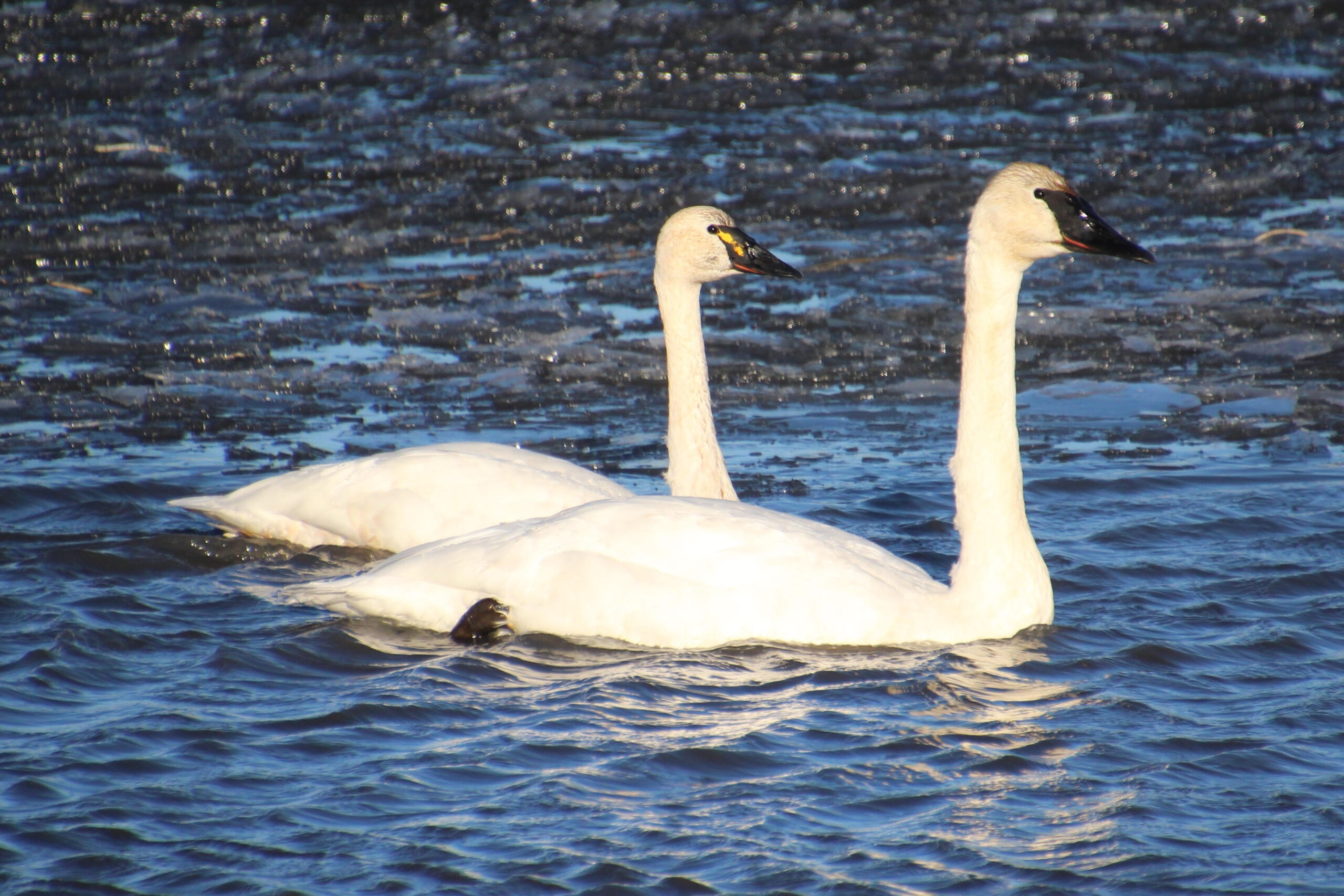On Monday I got a note that there were some swarming bees in the Kinniburgh area; twenty thousand bees were looking for a home. These important, valuable bugs, which are vital to the world we live in, needed to find a resting place. So I tossed my bee veil and sticky leather gloves in the truck and went over to see what was happening. There they were, protecting their queen in a big pile in the mud. With a some gentle and careful work we got the bees to safety. By the end of the day, the bees made the move from a pile of weeds in a gravel lot to a beautiful hand-built home that will keep them safe for years. From scattered to gathered. They now live sheltered from storms, safely home.
I’m learning that as a pastor my role is much like this. In a deep down way, my work is to help people find their way home. A pastor is someone who sees the small things and reminds the world of their value. We see the crying mother, the newly-in-love teenager, the broken relationship or the father who just got a new job. We try to spot grace and hope. Pastors point out the beauty in a world where everything is either viewed as functional or worthless. We teach in stories and poetry, bringing God’s story to life in our own. A pastor is someone who deeply believes that all creatures, all people and places, need to find a resting place. We believe that God is always at work, gently and carefully leading us to safety; because we are all looking for a home.
At the end of the day a pastor will not be known for what he made, or fixed, or solved, or programatized. Rather pastors are most satisfied in how well they were able to tend to the smallest and the weakest, to the hidden and beautiful things sprouting in our midst. My own attention as a pastor is often drawn to things that may seem strange, or useless. Perhaps our work is only seen from the long view, but evidence of new life can be found all around.
So why do I drop what I do to gather up some bees? Shouldn’t I be doing more important things with my time or with my life? Well, by some measures I probably should. But each time I do something virtually inconsequential, such as saving some bees or meeting with a neighbour, or listening to a hurting community member, I am enacting a prayer, and a deep hope, that God never views our lives and our city as inconsequential. Nothing is long-lost in God’s eyes, and so they should never be lost in our ours.
When we each begin to see the small and meaningful moments in our own lives we, too, become people whose imaginations are being shaped for something more. We become those who point the way ‘home.’ We become people who comfort those in fear, and remind each other that there is a way through. We all deeply long to be welcomed home with open arms, who are you welcoming home, today?








